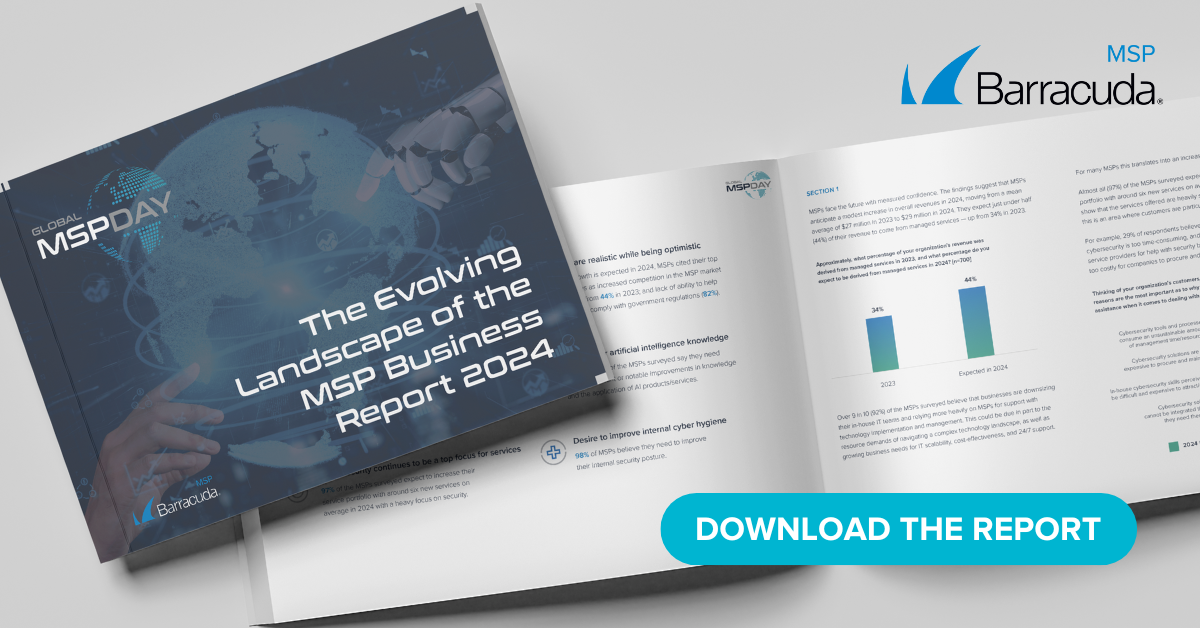 Happy early birthday to this month’s ‘Pioneers in Tech’ spotlight, Guido van Rossum, born Jan. 31, 1956, in the Netherlands, and creator of the Python programming language. Until 2018, he was known as Python’s “Benevolent Dictator for Life (BDFL),” a title bestowed upon him by the Python programming community.
Happy early birthday to this month’s ‘Pioneers in Tech’ spotlight, Guido van Rossum, born Jan. 31, 1956, in the Netherlands, and creator of the Python programming language. Until 2018, he was known as Python’s “Benevolent Dictator for Life (BDFL),” a title bestowed upon him by the Python programming community.
As a teenager, Van Rossum became an electronics hobbyist and developed a keen interest in designing complicated digital circuits. He graduated from the University of Amsterdam in 1982 with a master’s degree in mathematics and computer science. While working as a programmer at CWI (his first job after college), Van Rossum developed Python as a side project. According to the Computer History Museum, the language has become a “Swiss Army knife” for developers, with significant use in many industries. Van Rossum’s goals for Python included ensuring it was easy and intuitive but just as powerful as its competitors, keeping the language open source, using easy-to-understand code, and optimizing it for short development times so it could be used for everyday tasks. Python has evolved into an advanced programming ecosystem suitable for use in many disciplines.
Van Rossum continued working on Python after immigrating to the U.S. in the mid-1990s and beginning to work at U.S. National Institute of Standards and Technology. In 2005, he began working for Google, rising to the rank of Senior Staff Engineer. From 2013 to 2019 he worked for Dropbox as a Principal Engineer. In October 2019, he retired, but his time away from work was brief. In November 2020, Van Rossum joined the Microsoft Developer Division as a Distinguished Engineer.
Liked this post? Check out more Pioneers in Tech!
Photo: dTosh / Shutterstock
